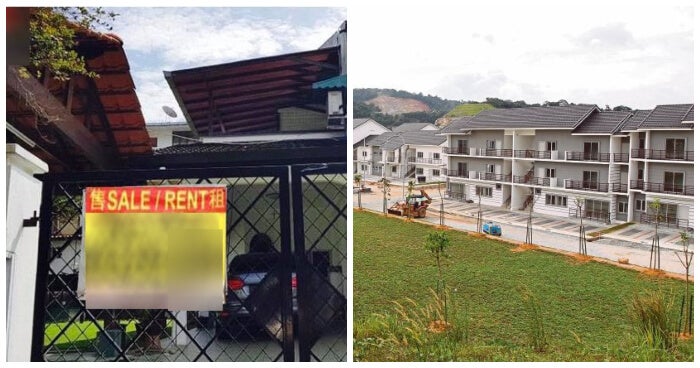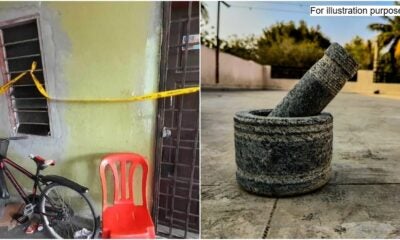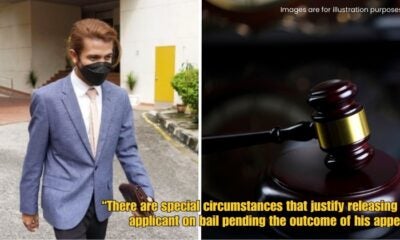Raise your hand if you’ve ever felt personally victimised by the process of looking for a suitable room or house rental! As more and more units crop up, so do the number of suspicious listings. Question is, how do you differentiate the swindling thieves from the sincere agents?
Read on for 6 ways to scam-proof yourself on your next rental hunt!
1. Ensure that the price of your preferred unit is comparable to others in the same area
This goes back to the age-old adage: If it’s too good to be true, it probably is! If the rent per month of a unit is far lower compared to every other unit in the same apartment building/residential area, chances are that there isn’t even an actual unit being rented out. Real property agents do have to eat too, you know!
2. Do not transfer any money or make any ‘deposits’ until you’ve viewed the unit at least once, and gotten the tenancy agreement
Anyone who asks for any amount of money to be transferred before you can proceed to the next step, such as viewing a unit you’re only considering renting, is basically holding up a signboard declaring ‘I AM A SCAMMER’. To be completely safe, you’re better off not making a deposit of any kind until you’ve received a physical copy of a stamped and signed tenancy agreement.

3. Insist on meeting the landlord/agent at the unit, and ask plenty of questions
Believe it or not, there are cases where the landlord/agent always goes missing at the very last minute, and assigns someone else (e.g. a “colleague” or “associate”) to let you view the place. The person you liaise with online should not only be the same person you meet IRL at the unit, but also be the same person throughout the process of viewing, negotiating and signing. A legit agent or landlord will also know the unit like the back of their hand, so ask all the questions you can think of.
4. Conduct a detailed background check on the property agent/landlord
Thanks to the Internet, you no longer need to hire a private investigator just to get the lowdown on someone. Here are a few ways: a) do a reverse image search with the picture of the unit or property agent/landlord to make sure you’re not being catfished or being duped by an Airbnb listing; b) check the property agent’s REN (Real Estate Negotiator) or REA (Real Estate Agent) number here; and c) Google the agent/landlord’s phone number to check that it doesn’t surface on any scam alert websites.

5. Ask someone from the legal industry to help review the tenancy agreement
Even if you don’t know someone who’s a litigator or lawyer, you can still look for someone who used to study law in university, or is currently studying to be a lawyer, to help you pore over the contents of a tenancy agreement. Sometimes, friends who are real estate agents can help too. For starters, you can review whether basic details such as names, addresses, I.C. numbers and bank account numbers match those of the people you are dealing with.
6. Ask for the property’s latest utility bills and/or property assessment tax records
Knowing if your potential landlord pays their bills and taxes on time can determine a number of things. For one, it shows that they are a good paymaster, and two, it indicates that they will not misuse your hard-earned deposit money. You wouldn’t want your deposit money to go missing in the event that you need to move out! If there’s a sign that your future landlord is in debt, it could even lead to your house being foreclosed, causing you to be homeless. *gasp*

We hope that this list will help you make better choices, and wish you all the best in your search for the perfect rental! Comment below if you have any tips you’d like to share!

Also read: Single People With Low Income Can Soon Rent “Micro-Capsule” Rooms in KL For RM100



































